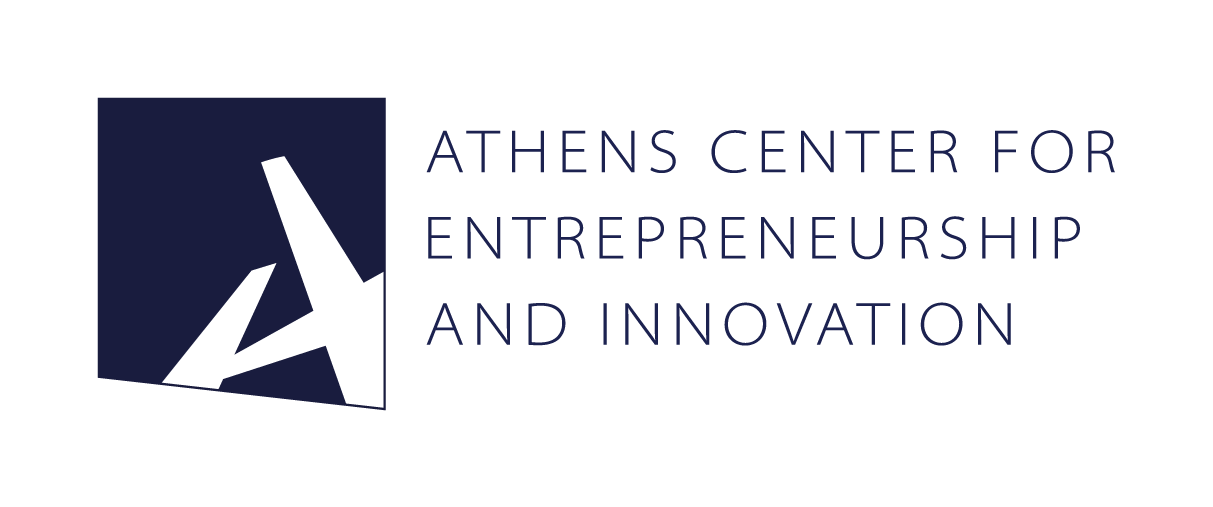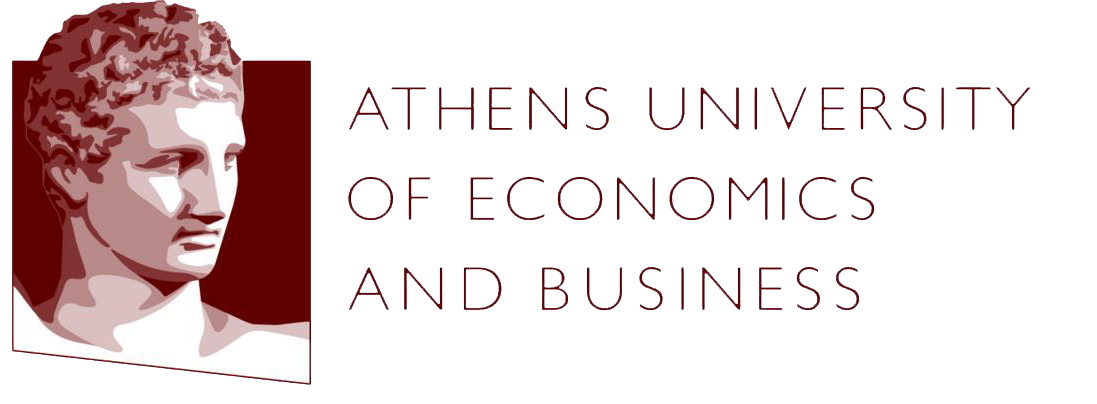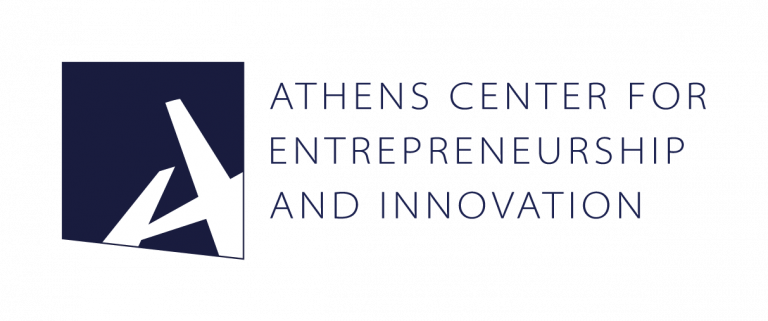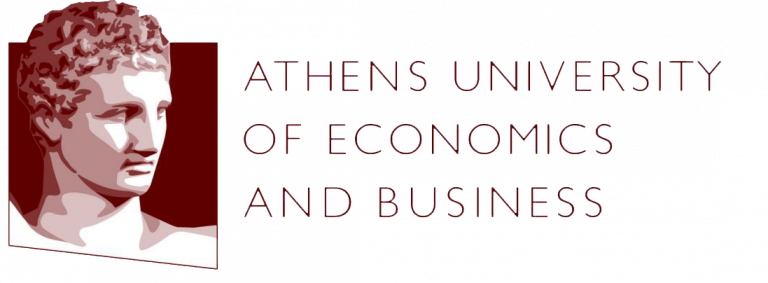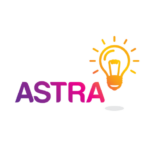ASTRA Erasmus+ Project | 2nd Newsletter
The first phases of the ASTRA project have been finalized. The consortium, following a common research protocol has undertaken extensive research tasks on identifying the specific needs of the Higher Education environment in Laos and Thailand in terms of governance and funding. The results of the research phase are outlined in detail in the publication of the D1.2 REPORT NEEDS AND RESOURCE MAPPING ASSESSMENT. Based on the aforementioned results, the expert EU partner Athens University of Economics and Business has developed a detailed Regional Strategy tailored to the needs of South-East Asian Universities. This regional Strategy will be further adapted to four local strategies for each of the participating Asian Universities following a series of discussions, meetings, and fine tuning to meet the specific local needs. Moreover, based on the above results, the consortium under the Guidance of AUEB, will start developing an in-depth training programme targeted at the staff of the Asian Universities who are going to be involved in the set up and operation of the ASTRA R&D Hubs.
D1.2 NEEDS AND RESOURCE MAPPING ASSESSMENT REPORT
As part of the first stage of the project, University of Firenze led a comprehensive research effort to conducting analysis of existing needs and resources in the higher education system in in Laos and Thailand. To this end, a specific Research Protocol (D1.1) had been developed and followed throughout the research phase.
As part of the research, 99 interviews were conducted among academic and administrative staff in the four participating HEIs as well as among relevant stakeholders in Laos and Thailand. Moreover 100 responses were gathered through a dedicated online survey. The D1.2 NEEDS AND RESOURCE MAPPING ASSESSMENT REPORT outlines the results of both desk and field research in the two participating countries
The report outlines the state of the art regarding both countries’ university systems and 4 universities’ realities, through the following areas of inquiry: Rule
and organization; Academic and administrative staff: skills and public engagement; Fundraising activities.
In part 4 the report identifies the key areas whose improvement would produce a new set-up of the 4 universities in terms of fundraising capacity, research, public engagement (PE) quality.
This process has produced valuable understandings about the strengths and weaknesses of the existing governance and management model of the partner HEIs in Laos and Thailand. Information obtained in the first three sections concerns the different degree of autonomy of universities in the two countries and, also, within the same country; the academic staff recruitment system; the job workload in the four universities in terms of teaching, research and PE, and their capacity to prepare the necessary skills for their academic staff.
- 99 interviews and 100 online survey responses among HEI staff and stakeholders in Laos and Thailand
- Increase of skills on English language, applied social research, leadership, fundraising and public engagement among the HEI staff in Laos and Thailand are among the recommendations of the needs analysis
- One Regional Strategy and Plan specifying proposed activities, the persons or structures responsible, the time period of implementation, and the outcomes
- Four R&D Hubs to be set up; one in each Asian HEI
A summary of emerged improvement areas and recommended improvement actions as identified in the Report, follows:
To foster both internal and external research funding management:
b) establish a research administrative office dedicated both to research fundraising and networking;
c) build a specific key performance indicator (KPI) for accessing internal funding, composed by three indicators with different weights, depending on the institution’s: 1) number of publications in peer reviewed journals and publishers; 2) number and amount of funds won nationally or internationally; 3) individual PE performance. This index will also foster publications production, since peer-reviewed publications, especially in international journals index SCOPUS, WOS, ISI, ect, will gather a higher evaluation and will contribute to raise the international ranking of the departments and universities to which the researchers belong
Read the full Report here.
D2.1 Regional Governance and Fundraising Strategy
Building on the findings and recommendations of the D1.2 Needs and Resource Mapping Assessment Report, the D2.1 REGIONAL GOVERNANCE AND
FUNDRAISING STRATEGY proposes a new governance and fundraising plan for the Southeast Asian partner universities. In the Strategy prepared by AUEB, the key priorities, objectives, and measures for the modernization of higher education governance and management systems in Southeast Asia are outlined.
Moreover, a multi-year (3-5 years) plan is attached. In the plan the activities that should be undertaken in each phase, the persons or authorities/structures concerned, the implementation timeframe, the tangible and intangible results, and the performance and impact indicators are also described and analyzed.
AUEB, the author of D2.1 Regional Governance and Fundraising Strategy, has identified 9 pillars on which the common strategy is based, namely:
- Towards Internationalisation
- Social Responsibility
- Transforming Digitally
- Intensification and enhancement of Research
- Teaching and Learning
- Governance Modernization
- Funding & People Support
- Exchanging Knowledge
- Impact
Read the full Regional Governance and Fundraising Strategy here.
Presentation of ASTRA during the TAKEUP site visit!
Τhe ASTRA project was presented and discussed during the official visit of the TakeUp project’s participants in the premises of Athens University of Economics and Business. Panourgias Papaioannou, Project Manager in ACEin, presented the ASTRA project to an audience composed of university professors from Germany and Pakistan who attended the meeting. The participants agreed on the importance of the project for the EU and the Asian countries.
Next Steps
The next steps of ASTRA entail the finalization of the individual strategies for each of the four participating HEIs through the further adaptation and fine-tuning of the Regional Strategy.
Moreover, the ASTRA R&D Innovation & Consulting Hub’s mandate & operational guide will be developed which will constitute the next important milestone of the project. This document will serve as a basis for the operation of the newly set R&D Hubs in each university
In the next few months, and once the Operational Guide is finalised, ASTRA will also proceed with the development of the tailored, international Train the Trainers programme, targeted at the staff of the four Asian Universities who are going to be involved in the operation of the ASTRA R&D Hubs. The training programme will be supplemented by a newly developed online learning platform where resources and learning material will be available.
The ASTRA project will organise the international Train the Trainers activity in person in Europe in autumn 2022. Subsequent national trainings at the institution level will follow in Laos and Thailand before the official initiation of the Hubs’ operation.
